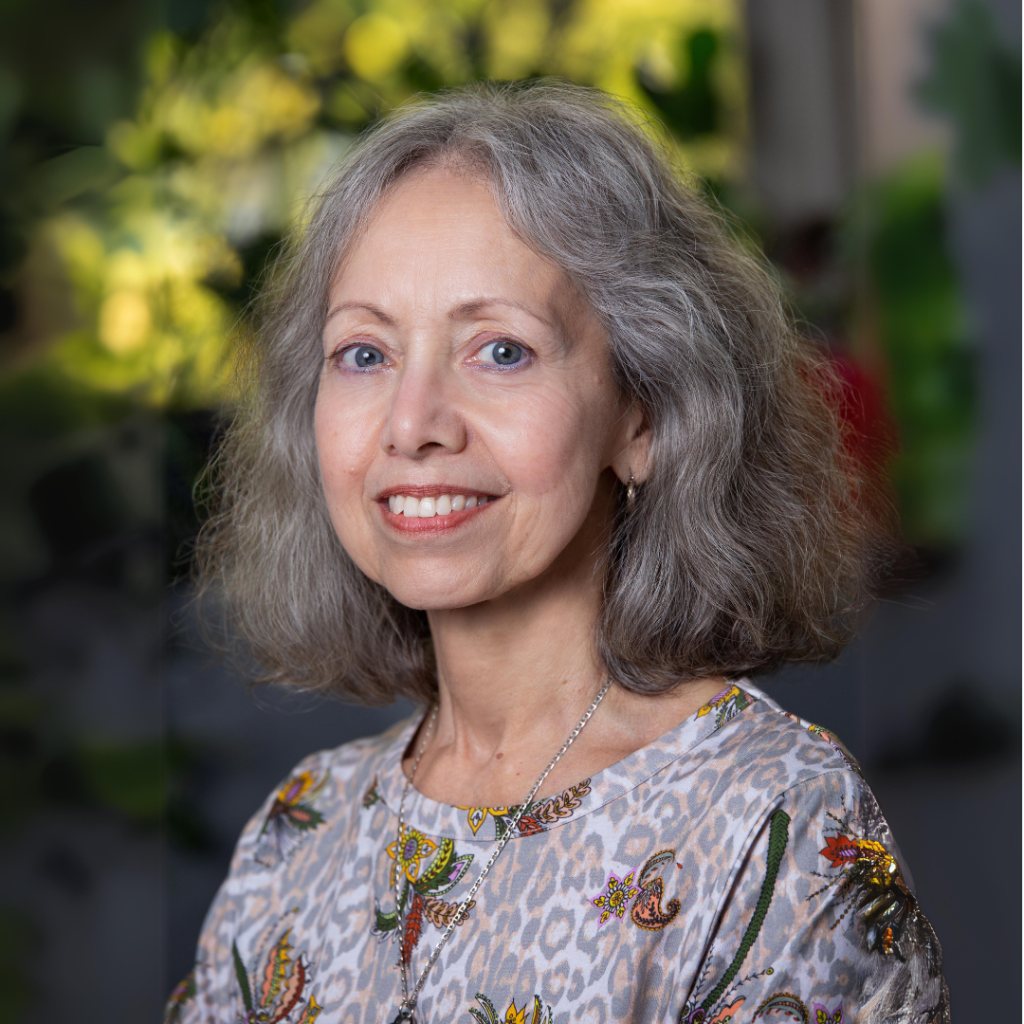Supporting older migrants and refugees: best practice and recommendations
The below is an excerpt from the Special Edition of SETS Insider News: Settlement Insights which was developed based on the continual perceptive discussions during SETSCoP meetings, events, and consultations, where policymakers and practitioners share keen insights on the latest settlement issues and trends.
Older migrants are now a priority group in the SETS program. This recognises that many vulnerable migrants and refugees may experience issues as they grow older. How can settlement service providers best respond to this important development?
Many SETS providers already work with older migrants: For instance, the organisations that provide aged care services alongside their settlement supports. Some SETS providers may have less experience working with older migrants, with past eligibility requirements restricting services to people who first arrived in Australia less than 5 years ago.
With the removal of the 5-year limit on SETS support and the new focus on older people, SETS providers are increasingly likely to work with more older people in 2024 and beyond.
To help grapple with this issue, the SETSCoP has brought together three reflections on working with older migrants and refugees in settlement.
Below is reflection from Sharon Smith – Senior Manager Settlement Services at Southern Migrant and Refugee Centre.

Supporting Older Migrants and Refugees: Best Practices and Recommendations
Funding allocations to support the most vulnerable cohorts of people settling into Australia have often seen the older person overlooked. Past eligibility requirements restricting services to people within their first five years in Australia limited SETS providers’ ability to support older people even when providers were already delivering aged care services alongside their settlement supports.
The new inclusion of older migrants as a priority group recognises that many vulnerable migrants and refugees may experience issues as they grow older and creates a welcome opportunity to better provide aged care services within settlement supports.
Best Practice support for older refugees and migrants is service delivery that is in the best interest of each individual, which can only be achieved by immersing oneself into the life of an older person by listening, observing and viewing service delivery through their cultural lens.
Older migrants who have accessed services within their first five years in Australia have an established level of trust with the organisation. Familiarity of face and a welcome space allows for difficult conversations, without fear of judgement or assumptions.
The capacity of internal cross-referrals within organisations that provide both Aged Care and Settlement Services, allows for warm referrals, minimising the need for older migrants to repeat their stories. Asking for support can be particularly difficult for older migrants. As well as undermining their traditional authority, this can be a cause of humiliation and shame, particularly for older men who have previously held jobs with status.
Providers should ensure various modes and flexibility of communication are employed, to avoid information overload. This includes being conscious of the language used, as this can be misinterpreted and create fear and mistrust, regardless of the best intention of the communication. Providers should also recognise that an older person may perceive their relationship with their case manager and/or support organisation, as that of an extended family.
The provision of information and activities that bridge Aged Care and Settlement Services, via group activities and programs is important. Cross-pollination across services allows for a holistic approach to information sharing which increases awareness of services, and supports informed decision-making, for both family members and the older migrant.
Information sessions could include, but not limited to:
- How to access My Aged Care.
- General information on Australian law and culture.
- Accessing age-related services and/or programs.
- Information about Medicare and pension cards.
- Using interpreting services.
- Accessing public transport.
- Booking medical appointments.
- Accessing Legal Aid.
- Information about tenancy rights.
- Health and wellbeing education.
Skilling up and using bicultural workers to support the cultural connection between clients and mainstream supports within the aged care and settlement services is recommended. SMRC Bicultural Workers have undergone ECCV training on Elder abuse and have successfully been employed to help educate older refugees and migrants on the services available to them via the My Aged Care portal. Bicultural workers are well connected and trusted within the community and have proven to be a key contributor to people understanding and using aged care services.
Providing transport for older migrants to participate in social, religious and educational activities is a critical component to reducing social isolation, which impacts physical and mental health. SMRC provides transport to clients via a fleet of buses to ensure they can take part in planned activity groups, enabling older migrants to participate in culturally specific activities. For SMRC clients this includes learning about gardening and homegrown produce at SMRC’s HIVE Community Garden in Braeside Park, and meeting and mingling with others at social outings.
SMRC’s Diverse Care labour hire provides culturally appropriate support within the home but also recognises that this service may not always be acceptable within the cultural context.
Whilst all the above is well intended to support the older migrant and/or the community in general to access services, we must always consider what I call the “Browsing Model”. Often, we go into a shop and just wander. The last thing we want is someone asking us what we need, as we may not even know if we need or want anything, but it is a time to think. The “Browsing model” allows for this space and gives control back to the individual to reach out when they are ready.
Sharon has worked at SMRC for the last 18 years, in both the Aged Care and Settlement sector. Sharon’s lived experience as a migrant and carer for elderly family members, and the challenges faced, continue to see her advocate for changes to service delivery, that are representative of the voices of the communities.


 0397671900
0397671900 smrc@smrc.org.au
smrc@smrc.org.au

